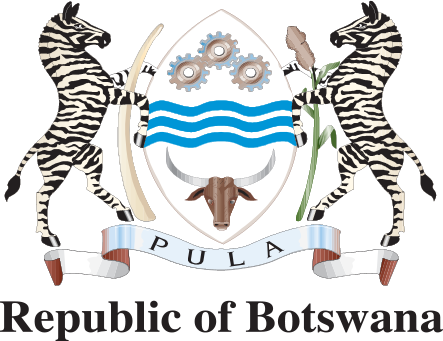In Botswana, women are overrepresented in both the general population and the working poor. A higher proportion of female-headed households are “poor” or “very poor” than male-headed households, with rates of 50 percent and 44 percent, respectively. In 2008, women occupied 37 percent of public service positions involving decisions, which was an improvement from the 2002 Gender Disaggregated Data Report that identified that only 30 percent of the civil service decision makes were female. Since the public and private sector are connected, a lack of advancement of women in the public sector indicates a lack of advancement of women in the private sector as well.
It could be concluded that the male domination of decision-making positions in Botswana is a hindrance to the advancement of women. It could further be concluded that national decisions are made with minimal influence from women. Since women constitute most of the Botswana population, a situation similar in other Southern African Development Community (SADC) countries, this means that national decisions are made by a segment that represents less than half of the country’s population.
Botswana is a signatory to several declarations that commit the country to placing women into decision-making positions. This desired percentage representation of women into decision-making positions could be achieved through reshuffling current positions such that women are posted into said positions. This would make an impact that would eventually facilitate a change towards achieving gender equality.
Ministry of Nationality, Immigration and Gender Affairs
Gender Affairs Department
PO Box 00107
Gaborone
Botswana
Block 8, Government Enclave, Khama Crescent
Tel. (+267) 3912290
Fax. (+267) 3911944
Opening Hours: 7:30 to 12:45 and 13:45 to 16:30, Monday to Friday, except holidays.
Information Incomplete
